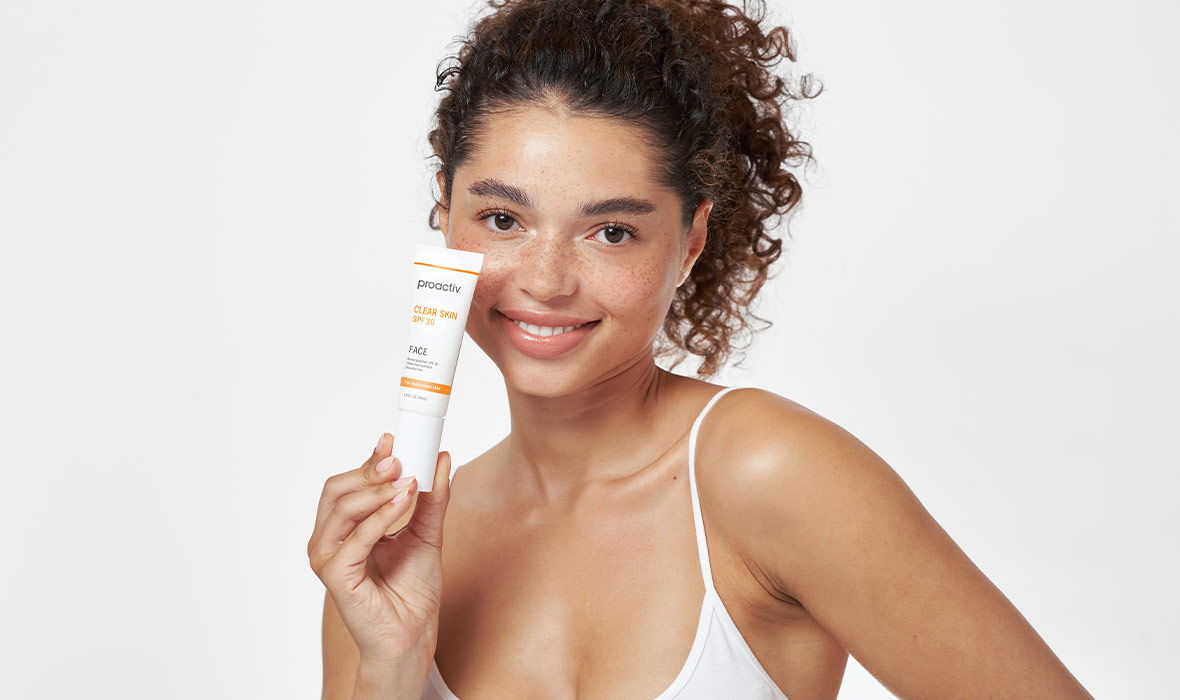Hyperpigmentation is a common skin concern affecting people of all ages and skin types. It results in darker patches or spots on the skin, often caused by an excess production of melanin. Various treatments and ingredients claim to address hyperpigmentation, and one such ingredient gaining attention is hypochlorous acid. But does hypochlorous acid help with hyperpigmentation? This article delves into the properties of hypochlorous acid and its potential role in managing hyperpigmentation.
What is Hypochlorous Acid?
Hypochlorous acid (HOCl) is a naturally occurring compound produced by the human immune system to fight infection and promote healing. It has powerful antimicrobial properties, making it effective in killing bacteria, viruses, and fungi. HOCl is also known for its anti-inflammatory and wound-healing properties, which are crucial in skincare.
Properties of Hypochlorous Acid
- Antimicrobial: Effective against a wide range of pathogens.
- Anti-inflammatory: Reduces inflammation and redness.
- Wound Healing: Promotes faster healing of skin injuries.
- Non-Toxic: Safe for use on the skin without causing irritation.
How Does Hypochlorous Acid Work?
Hypochlorous acid works by disrupting the cell membranes of pathogens, leading to their destruction. In the context of skincare, this means it can help keep the skin clean and free from infections that could exacerbate skin issues like acne, which in turn can lead to hyperpigmentation.
HOCl in Skincare
In skincare products, hypochlorous acid is used for its ability to calm and soothe the skin, reduce redness, and accelerate healing. It is often found in products like sprays, gels, and creams aimed at treating acne, minor cuts, burns, and other skin irritations.
The Connection Between Hypochlorous Acid and HyperpigmentationWhat Causes Hyperpigmentation?
Hyperpigmentation can be caused by various factors, including:
- Sun Exposure: UV rays stimulate melanin production.
- Inflammation: Skin injuries and inflammation can lead to post-inflammatory hyperpigmentation (PIH).
- Hormonal Changes: Conditions like melasma are often triggered by hormonal fluctuations.
- Medications: Some drugs can increase melanin production.
Can Hypochlorous Acid Help with Hyperpigmentation?
While hypochlorous acid is not a direct treatment for hyperpigmentation, it can play a supportive role in managing the condition. Here’s how:
- Reducing Inflammation: By minimizing inflammation, HOCl can help prevent the formation of PIH.
- Accelerating Healing: Faster healing of acne and other skin lesions reduces the risk of dark spots forming.
- Preventing Infections: Keeping the skin free from infections ensures that hyperpigmentation is not exacerbated by further skin damage.
Scientific Studies
Although specific studies on hypochlorous acid’s effect on hyperpigmentation are limited, its proven benefits in reducing inflammation and promoting healing support its potential in managing hyperpigmentation indirectly. Dermatologists often recommend using products containing HOCl as part of a broader skincare routine aimed at preventing and treating hyperpigmentation.
Incorporating Hypochlorous Acid into Your Skincare RoutineChoosing the Right Products
When selecting hypochlorous acid products, consider the following:
- Formulation: Opt for products specifically designed for facial use to ensure they are gentle and effective.
- Concentration: Check the concentration of HOCl to ensure it is sufficient to provide benefits without causing irritation.
- Brand Reputation: Choose products from reputable brands known for quality and safety.
How to Use HOCl Products
- Cleansing: Use a hypochlorous acid cleanser to remove impurities and bacteria.
- Toning: A HOCl toner can help soothe the skin and prepare it for other treatments.
- Treatment: Apply HOCl sprays or gels on affected areas to reduce inflammation and promote healing.
- Moisturizing: Follow up with a good moisturizer to keep the skin hydrated.
Combining HOCl with Other Treatments
For optimal results, combine hypochlorous acid with other proven treatments for hyperpigmentation such as:
- Vitamin C: Brightens the skin and reduces dark spots.
- Retinoids: Promotes cell turnover and reduces pigmentation.
- Niacinamide: Inhibits melanin transfer and reduces inflammation.
- Sunscreen: Protects the skin from UV damage, a primary cause of hyperpigmentation.
Conclusion
While hypochlorous acid alone may not be a magic bullet for hyperpigmentation, it offers significant benefits that can aid in managing the condition. By reducing inflammation, promoting healing, and preventing infections, HOCl can be a valuable addition to a comprehensive skincare routine aimed at achieving clear, even-toned skin. As with any skincare product, consistency and patience are key to seeing results.



